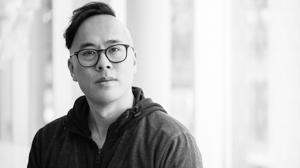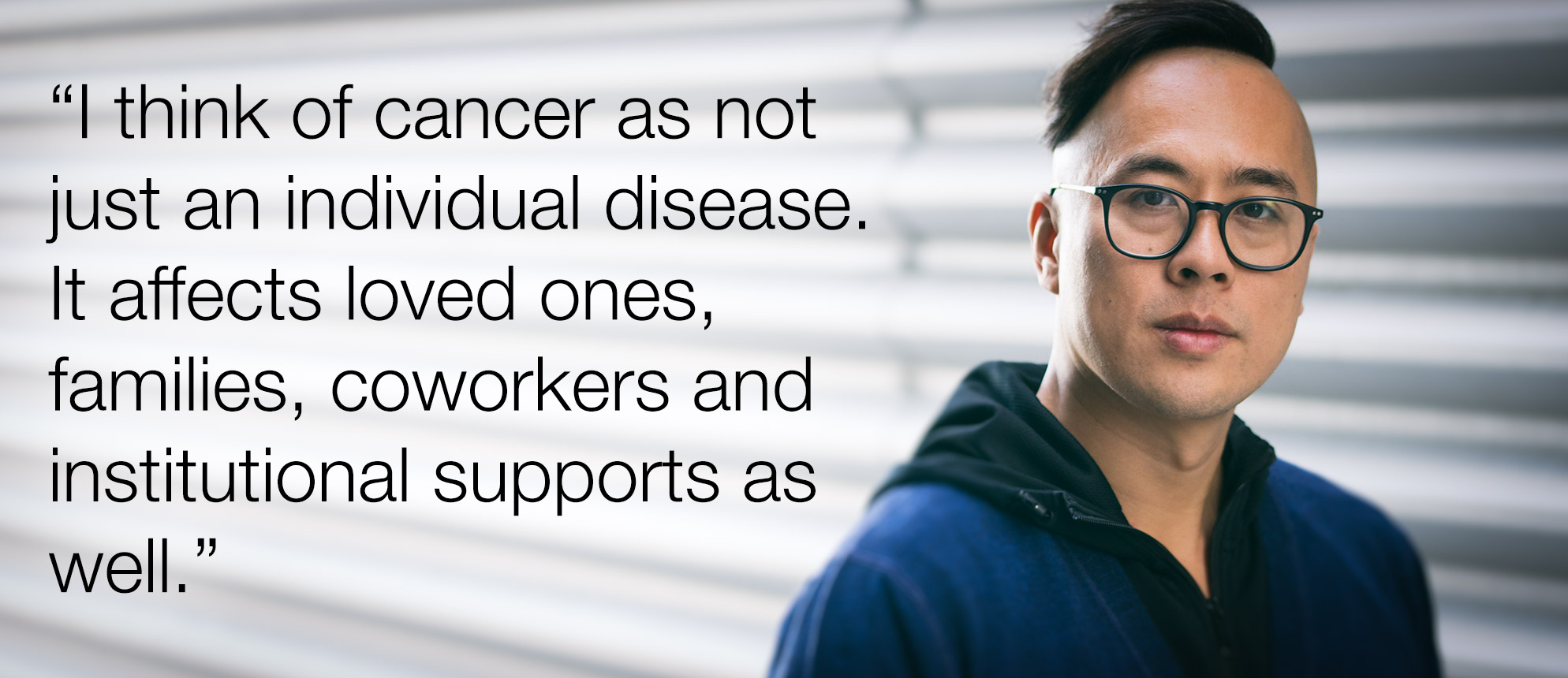

When he had finished his PhD, Dr. Chris Lo’s research took an unexpected turn. He’d spent years investigating how cultural differences can influence psychology, but when a new research opportunity presented itself, he dove right in.
Ever since, Dr. Lo has been studying how people face death.
“I thought it would be temporary, but one thing led to another and I started to build up a profile in this field,” he says, adding with a laugh, “now, it’s been almost a decade.”
As a post-doctoral researcher, Dr. Lo began examining how we care for people with terminal illnesses. He wanted to know about their thoughts, their worries, how they felt about the prospect of dying and what their families were thinking too.
“This was a big blind spot in the field of palliative care concerning the assessment of death anxiety. There were some measures, but they weren’t meant for use among those who were actually facing imminent mortality,” he says. “Clinicians and researchers were uncomfortable broaching the topic — they were afraid they’d traumatize people, but most individuals experiencing illness were actually quite open to talking about it, although such discussions were not always easy.”
At the University of Guelph-Humber, where Dr. Lo teaches courses like “The Psychology of Death and Dying”, he runs into the challenges you’d expect with such a difficult topic. Students can be hesitant to engage with some of the tougher questions, despite the fact that many of them have experienced the death of a loved one, or have known someone who has grappled with advanced illnesses like metastatic cancer.
“I think of cancer as not just an individual disease,” he says. “It affects loved ones, families, coworkers and institutional supports as well. When someone faces the end of life, their struggle reverberates throughout their social circles. It’s hard to find someone who hasn’t been touched by such loss.”
Getting past his students’ reluctance requires taking the topics from the abstract and making them more concrete with anecdotes and clinical illustrations. Rather than just describing the trade-off in life quality that can come from more aggressive treatment plans, he poses it as a question and asks his students for their thoughts.
“People understandably have strong opinions about these things, which can really change the direction of the lecture,” he says. “You start with a sense of the path you’ll take, but flexibility and spontaneity are important. We may take less traveled ways depending on how students choose to ask and respond to questions.”
Biography
Professor Lo holds a Bachelor of Arts from the University of British Columbia and a Master’s degree and doctorate in psychology from the University of Toronto. He has held a post-doctoral research position with Toronto’s University Health Network and continues there as a researcher.
Along with teaching in psychology at the University of Guelph-Humber, Dr. Lo is an Assistant Professor in the University of Toronto’s Department of Psychiatry.
With a research grant from the University of Guelph-Humber, Dr. Lo is studying how to better care for the mental health of people living with terminal illnesses.
Areas of Expertise
Existential psychology
Cultural psychology
Research methods
End of life care
Learn more about psychology at UofGH.

